La Microfinance En Afrique Centrale: Le D fi Des Exclus
The rural poor face a major challenge to access financial services provided by the formal banking system. These poor are excluded from the system because of the requirements imposed on them by that banking sector. The microfinance promise is to ensure that the excluded have access to financial products. Financial intermediation of microfinance through microcredit, micro-transfers, micro-saving and micro-insurance has gained popularity in the developing countries of the world during the past thirty years. For these countries the question is to determine the potential role of microfinance in reducing poverty and in strengthening economic growth. While a considerable amount of research has been undertaken in other parts of the world on these issues, there is a dearth of empirical knowledge in the Central African countries. This book ,Microfinance in Central Africa: The challenge of the excluded, presents results of empirical research concerning microfinance institutions in Central Africa. The book draws from a project that was supported by the International Development Research Centre (IDRC) in the context of the Centre,s globalization, growth and poverty programme initiative. The project examined issues related to the market for microfinance, institutional considerations, efficiency and behaviour of key actors and the impact of microfinance. The studies within the project were undertaken by teams of researchers and doctoral students, all mainly economists and jurists, in four countries in Central Africa, namely: Cameroon, Chad, Congo Republic and Gabon. The book should serve as a reference guide with respect to the microfinance experience in the region for the scientific community, policy makers and other development practitioners.
{{comment.content}}

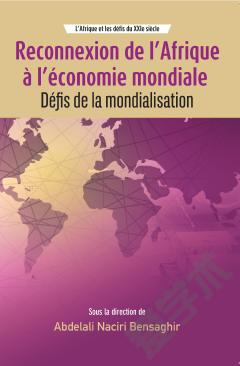
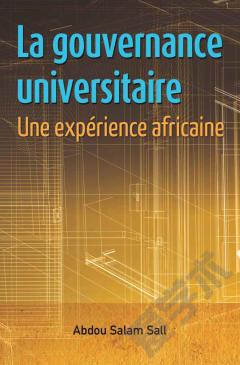
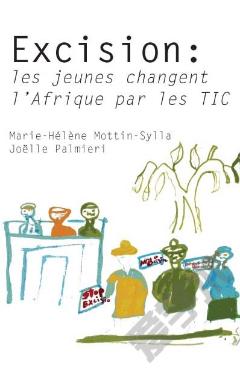
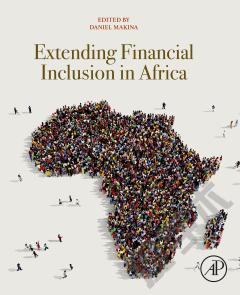
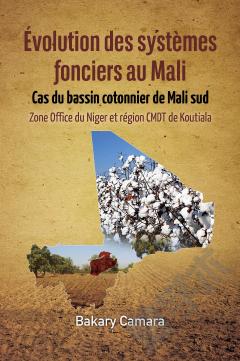
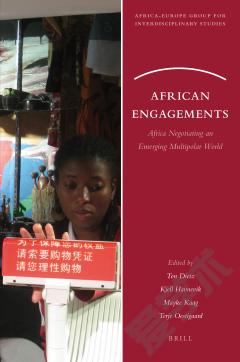

 京公网安备 11010802027623号
京公网安备 11010802027623号